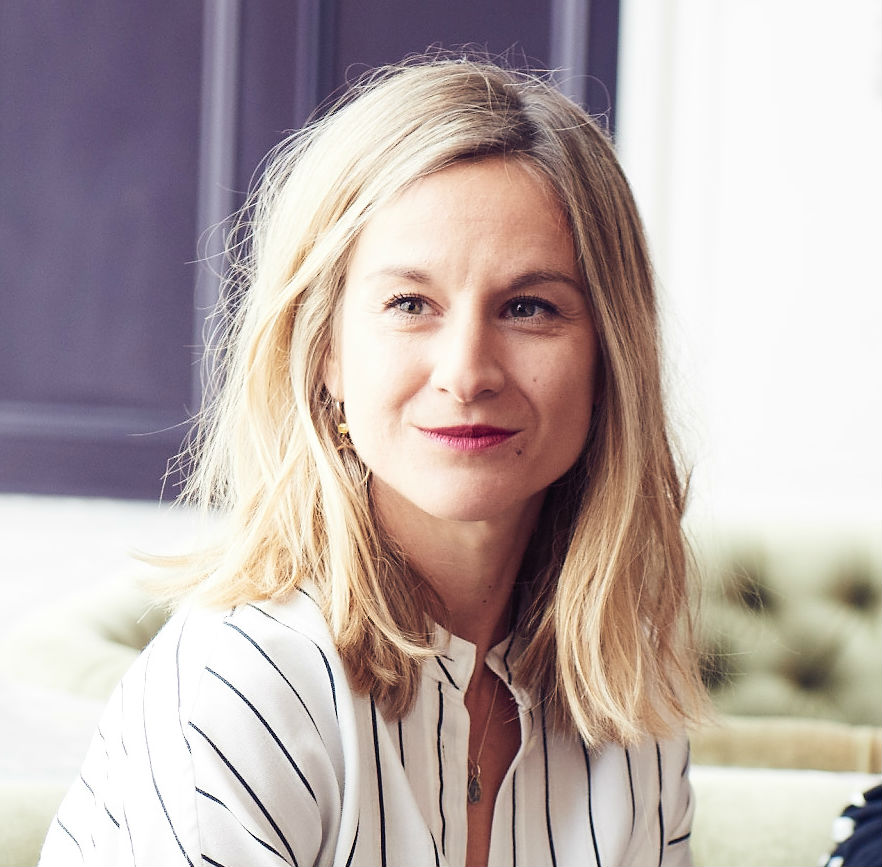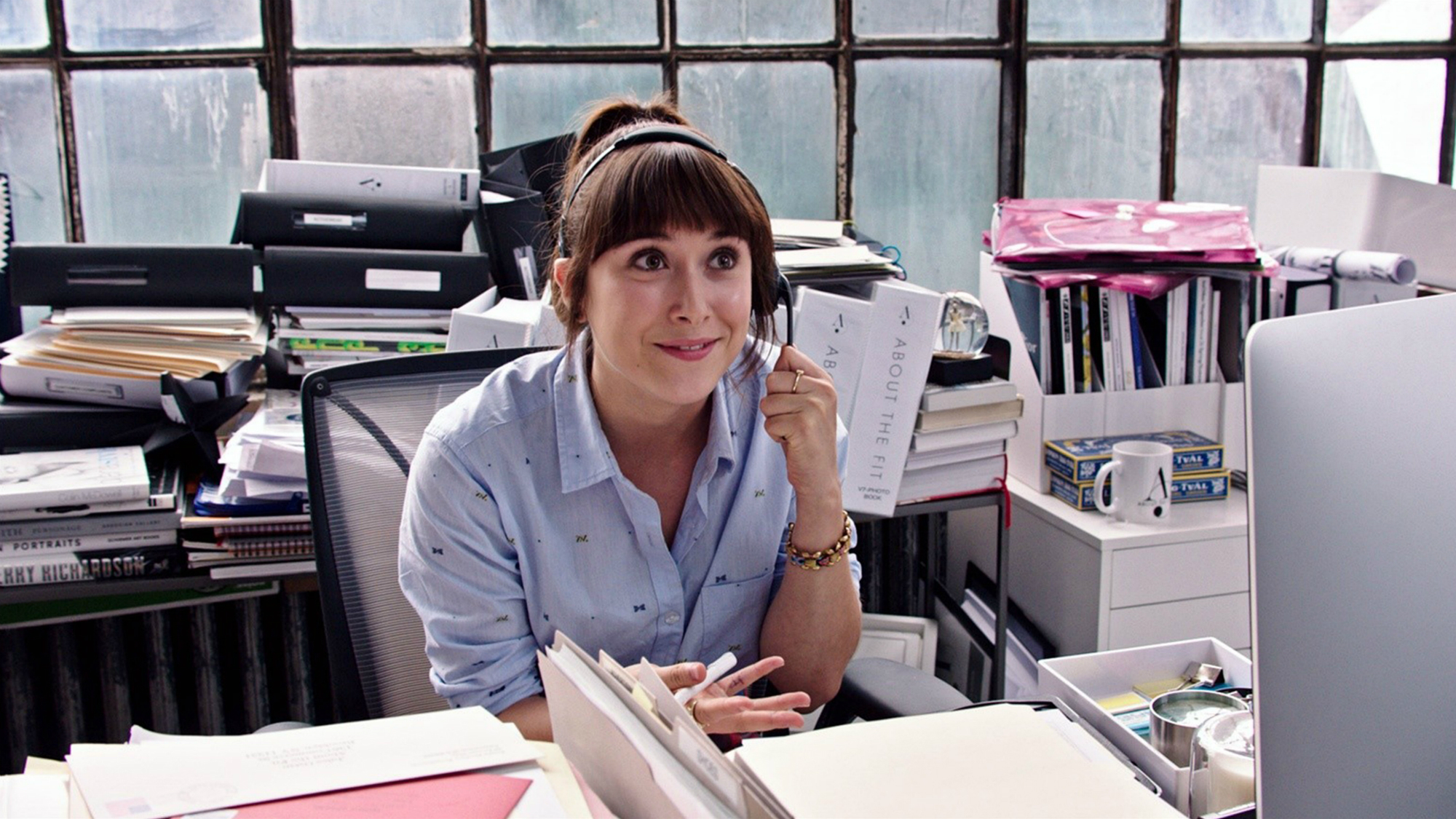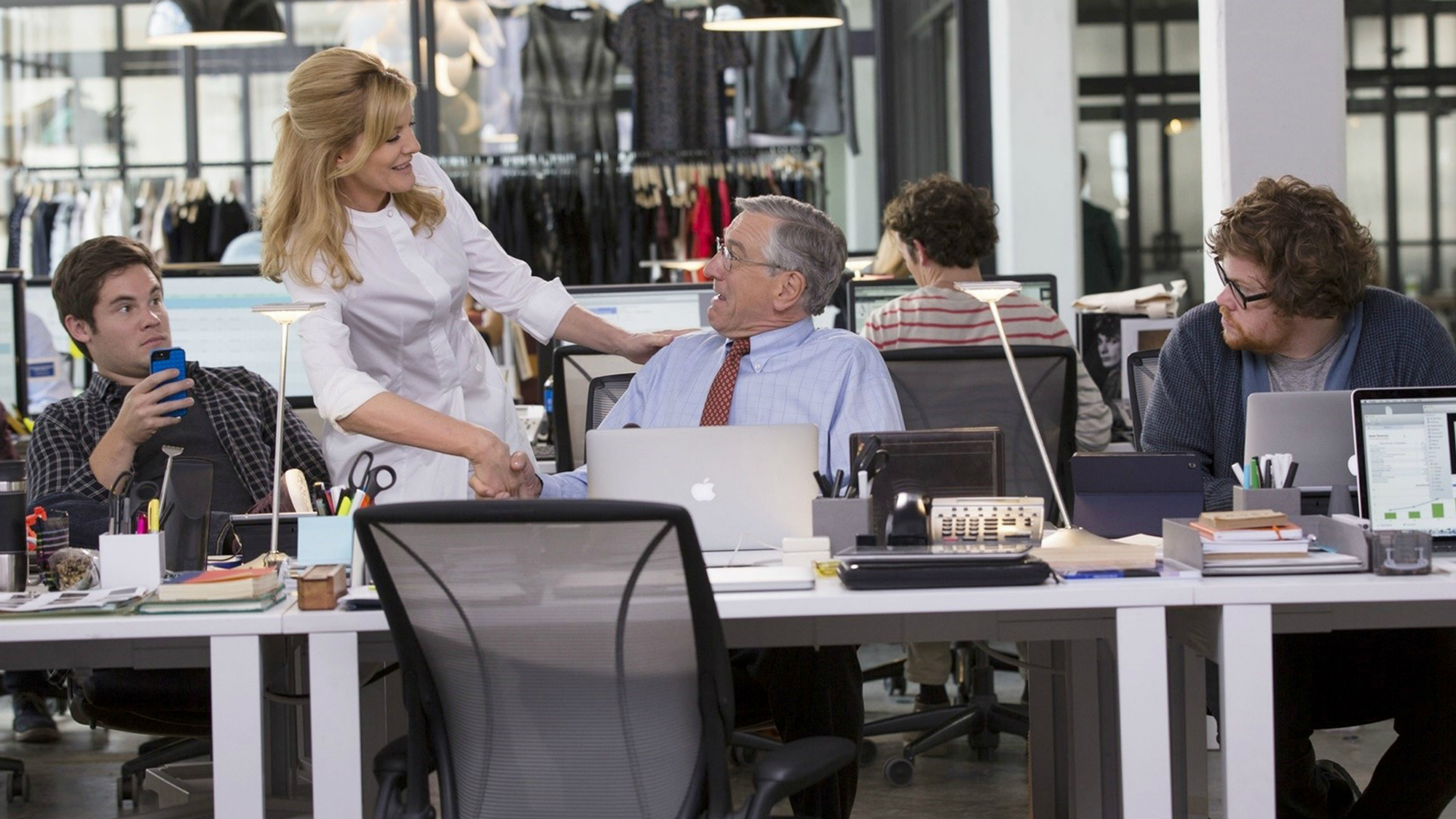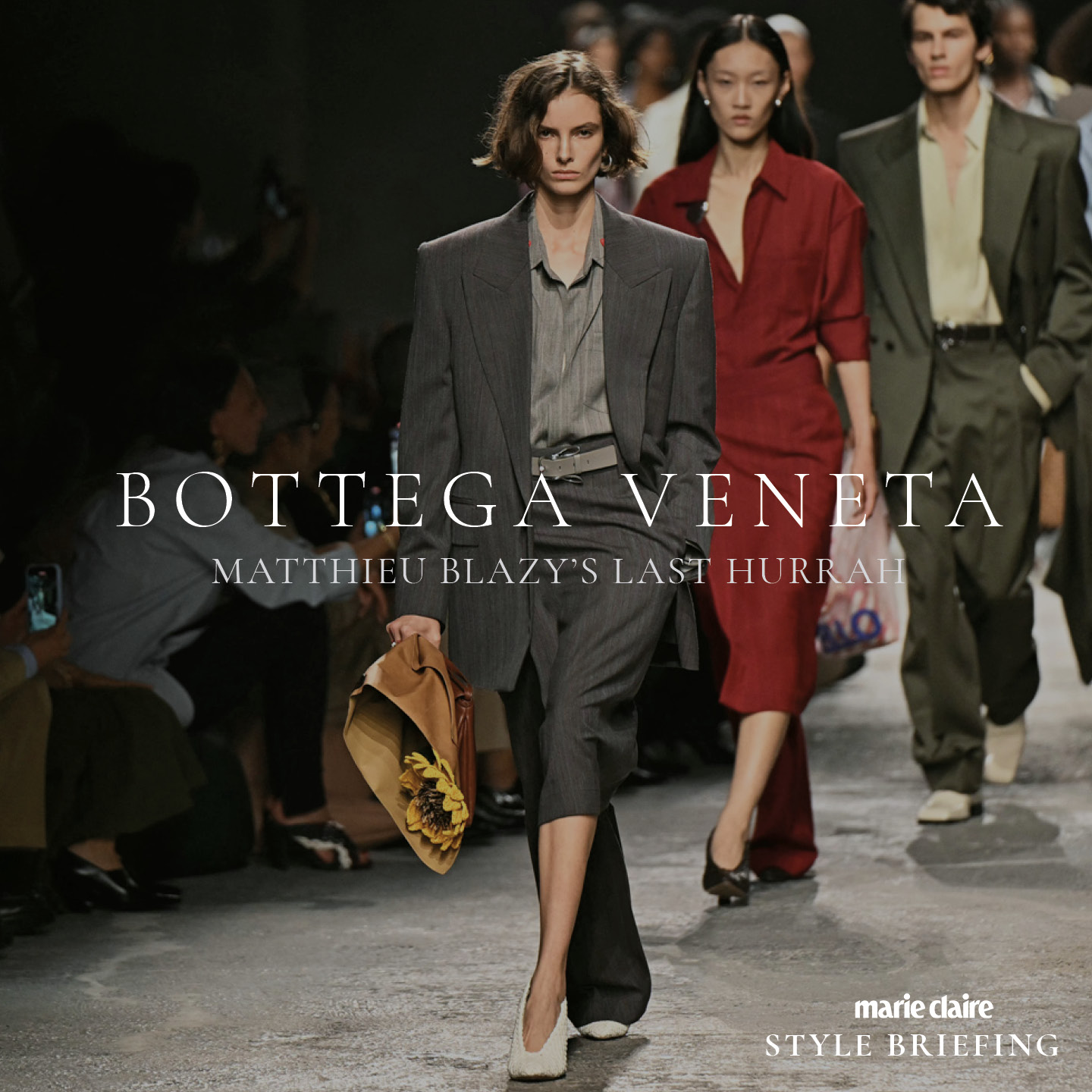Is it time you tried the career blend?
There’s a new generation of no job titles, yearly changes and heading home at 3pm because you’ve hit a wall. Here are the women disrupting the nine-to-five and influencing the way we’ll work for years to come…


There’s a new generation of no job titles, yearly changes and heading home at 3pm because you’ve hit a wall. Here are the women disrupting the nine-to-five and influencing the way we’ll work for years to come…
A career for life, a fat pay cheque and getting the keys to the corner office are no longer the end-goal. With job security and promotions well out of reach (millennials are the first generation to earn less in their twenties than their parents did), a generation of resilient young women are flipping these challenges into opportunities, bouncing back from failure and saying, ‘screw the work-life balance’ (It looks pretty exhausting, anyway). Instead they are embracing what experts have branded the ‘career blend’.
The slippery corporate ladder has been replaced by the career lattice – working a four-day week in advertising but running a film company on the side, or doing flexi hours from home for a digital agency while building a tech start-up at the same time. This new way of working encourages personal development and collaboration along horizontal paths instead of through traditional hierarchy. The appeal is freedom. Research shows that 66 per cent of millennials want to change career within a year or less, so they are constantly sizing up new opportunities. They are a generation of professional nomads looking for the next challenge, making an asset out of the market’s uncertainty and learning new skills that accelerate their projects.

For Bethan Harris, 30, it was the realisation upon her return to the UK, after having spent three years with a creative agency in Australia, that her work was no longer working for her. ‘I wanted to focus on projects that I believed in and the rigid nine-to-five workday model couldn’t accommodate that,’ she explains, ‘so I joined Forum For The Future, a non-profit sustainability organisation, where I am assigned freelance projects based on my individual skills and interests. I work remotely, so I have based myself in San Francisco and India to combine work with travel and activism. I choose my own hours because the emphasis is on output rather than time spent at a desk. That means for two days a week I can focus on my activism, galvanising young people to talk about politics in a post-Brexit Britain.’
Harris is part of a generation of students who graduated into a recession. ‘As a response, we’ve had to treat ourselves as brands and think, “How do I present my skills?” she explains. ‘I don’t want a shiny job title. I want my work to speak for itself: to say something about my beliefs and bring along new opportunities. Young people today aren’t looking for jobs, they’re looking for working relationships. It’s why, in June, 75 per cent of young people voted to stay in the EU. We want to feel connected, to work together. That era of hyper-competiveness is over and that’s a great thing for women.’

The ethos behind the career blend is collaboration and sharing – skills, ideas, workspaces. This explains the popularity of co-working hubs such as WeWork, where 40 per cent of members are women, mostly entrepreneurs, and 70 per cent of members collaborate. ‘Give people the freedom to work in a way that suits them and you will always get the best out of them,’ says Jules Cross, 32 who works in culture and development (no job title – It’s too limiting) for communications agency Life Size Media. Here, 90 per cent of the workforce is contracted to four days a week, but when and how that work is undertaken is entirely down to the individual. The company is based at the east London workspace Second Home, open-plan to trigger ‘creative collisions’, with top chefs cooking lunch and evening yoga classes. ‘The boundaries between work and home have been torn down, in a good way,’ adds Cross. ‘If I hit a wall with work at 3pm and I know I’ve given all I can that day, I would rather clock off and go to a yoga class or spend time on my ceramics business. I actually find it to be quite meditative – my best work ideas come to me when I switch off.’
For employers, it comes down to trust, says Cross: ‘You need the right self-starting team to begin with. If you give them more autonomy to make the small decisions – will I work in a café this morning or in the office? – they will be better at making the bigger decisions that improve the business. It’s value-based system.’ The key to making it work is communication which, thanks to technology, has never been easier. ‘We have a big Monday meeting where we go through what everyone is working on, what was on the agenda last week and what needs to be achieve this week, so there is accountability. We also have peer one-to-ones instead of appraisals, during which everyone has the chance to voice concerns or ask for support. Not treating staff like schoolchildren leads to happier, more productive teams and more enriched individuals.’
Marie Claire Newsletter
Celebrity news, beauty, fashion advice, and fascinating features, delivered straight to your inbox!

One campaign by Timewise, a company that helps businesses to attract and develop the best talent through flexible working, aims to rebrand part-time work with its Hire Me My Way campaign. As CEO Karen Mattison explains, ‘How often do you hear the apology “just” before the phrase “part-time”? It is a huge assumption that flexible working is largely the domain of women with children. In the UK in 2015, we had the highest-ever number of men working part-time – it’s a lifestyle choice. More than half of employees in the UK now work with some form of flexibility, but only 8.7 per cent of quality jobs are advertised with part-time options – which means that more than half the population have less than one in ten jobs they can apply for. The aim of our campaign aims to unite talented people with forward-thinking businesses, such as Kellogg’s and Diageo, who are realising the benefits of part-time employees.’
Of course, some people prefer a routine and distinction between work and home, so the nine-to-five model works perfectly for them. But they are becoming a minority. What people are looking for in the main is a more bespoke HR model for individual employees that nurtures growth and creativity. ‘I’m working with brands such as Unilever and Marks & Spencer to design new models and reframe the future of the way we work,’ adds Harris. ‘By 2025, millennials will form 75 per cent of the global workforce. Employers can’t afford to ignore us.’
-
 Style Briefing: Matthieu Blazy's last hurrah
Style Briefing: Matthieu Blazy's last hurrahHow the designer delivered a fresh perspective while also honouring its history of craft and creativity
By Rebecca Jane Hill
-
 The Emily in Paris cast has spoken out as one of its stars officially quits the show
The Emily in Paris cast has spoken out as one of its stars officially quits the showBy Jenny Proudfoot
-
 Timothée Chalamet’s mother has opened up about his relationship with Kylie Jenner
Timothée Chalamet’s mother has opened up about his relationship with Kylie JennerBy Jenny Proudfoot